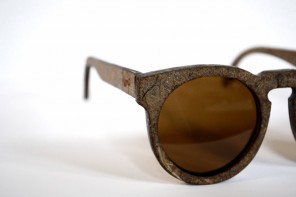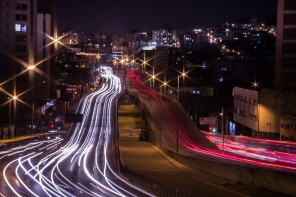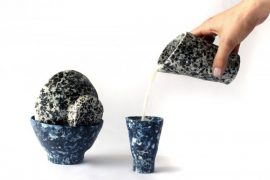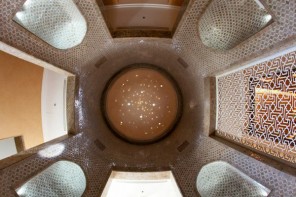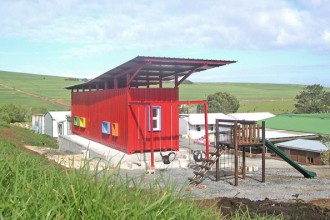South Africa, which builds BMWs and Mercedes Benzes for the US market, is in the thick of the race to deliver a truly practical – and stylish – electric car. Meet the Joule.
The battery-operated six-seater was designed by local boy Keith Helfet, an internationally distinguished vehicle designer who, before opening his own consultancy, was a key designer at Jaguar.
He was brought on board by mechanical engineer Kobus Meiring, CEO of the Joule’s Cape Town-based manufacturer Optimal Energy. Something of a legend in engineering circles, Meiring helped develop South Africa’s Rooivalk attack helicopter, and later project managed the Southern African Large Telescope, which was completed on budget and on time.
The Joule debuted at the Paris Motor Show in October 2008 and has since received a facelift at the Milan-based Zagato Total Design Centre. It will comply fully with global safety standards, and Optimal is aiming for a five-star rating from the Euro New Car Assessment Programme.
The Joule’s prototype phase is now complete, and the necessary modifications made. But before the commercial version hits the streets, further refinements and feedback from consumers and the media will be incorporated into a test fleet, which will be hand-built, like the prototype, by Hi-Tech Automotive in Port Elizabeth, in the Eastern Cape province.
The Joule is expected to go into full-scale production at the end of 2013, to appear on showroom floors in mid-2014. The car’s South African price will be somewhere between $32 300 (R220 800) and $39 000 (R266 600) in today’s terms, and export is also on the cards.
The car is made of eco-friendly materials with a local content of at least 50%. It will also feature a roof-mounted solar panel as an option.
Optimal maintains that charging the Joule will not place an extra strain on South Africa’s sometimes-fragile national electricity grid. The plan is for Joules to plug in to charge at night, as local utility Eskom has extra capacity between 11pm and 6am.
With its battery range of around 300km, regenerative brake system, fewer moving parts and zero engine emission, the Joule is set to change the way South Africans drive.
Source: www.mediaclubsouthafrica.com
The liveeco team

